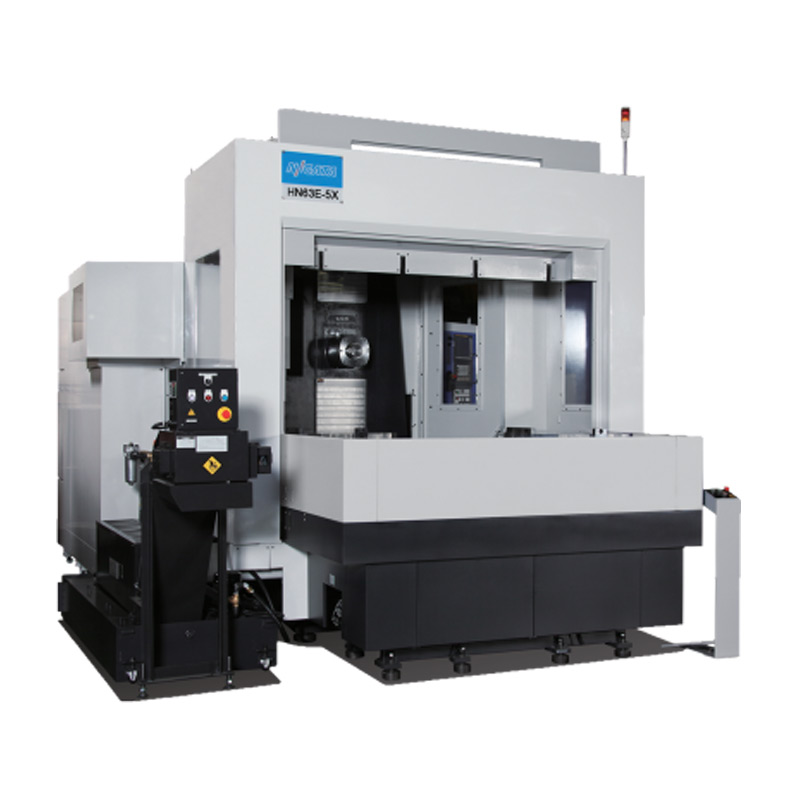
- Afrikaans
- Albanian
- Amharic
- Arabic
- Armenian
- Azerbaijani
- Basque
- Belarusian
- Bengali
- Bosnian
- Bulgarian
- Catalan
- Cebuano
- Corsican
- Croatian
- Czech
- Danish
- Dutch
- English
- Esperanto
- Estonian
- Finnish
- French
- Frisian
- Galician
- Georgian
- German
- Greek
- Gujarati
- Haitian Creole
- hausa
- hawaiian
- Hebrew
- Hindi
- Miao
- Hungarian
- Icelandic
- igbo
- Indonesian
- irish
- Italian
- Japanese
- Javanese
- Kannada
- kazakh
- Khmer
- Rwandese
- Korean
- Kurdish
- Kyrgyz
- Lao
- Latin
- Latvian
- Lithuanian
- Luxembourgish
- Macedonian
- Malgashi
- Malay
- Malayalam
- Maltese
- Maori
- Marathi
- Mongolian
- Myanmar
- Nepali
- Norwegian
- Norwegian
- Occitan
- Pashto
- Persian
- Polish
- Portuguese
- Punjabi
- Romanian
- Russian
- Samoan
- Scottish Gaelic
- Serbian
- Sesotho
- Shona
- Sindhi
- Sinhala
- Slovak
- Slovenian
- Somali
- Spanish
- Sundanese
- Swahili
- Swedish
- Tagalog
- Tajik
- Tamil
- Tatar
- Telugu
- Thai
- Turkish
- Turkmen
- Ukrainian
- Urdu
- Uighur
- Uzbek
- Vietnamese
- Welsh
- Bantu
- Yiddish
- Yoruba
Coin Operated Car Wash Machine for Convenient Auto Cleaning Solutions
The Rise of Coin-Operated Car Wash Machines A Convenient Solution for Vehicle Care
In today's fast-paced world, convenience is paramount, and few things illustrate this more vividly than the rise of coin-operated car wash machines. Often found in urban and suburban settings, these automatic car wash systems offer car owners an efficient and economical way to keep their vehicles clean. By providing an easy-to-use interface and quick service, these machines have revolutionized how people maintain their cars.
The Concept of Coin-Operated Car Washes
Coin-operated car wash machines typically consist of a series of automated equipment that allows users to wash their cars without requiring extensive staff involvement. Customers simply insert coins or use a mobile payment app to activate the wash system. The machine then dispenses high-pressure water, soap, and wax in a carefully calibrated sequence to ensure effective cleaning.
The appeal of these machines lies not only in their convenience but also in their affordability. Traditional car washing services often come with hefty fees, especially for thorough detailing options. Coin-operated washes offer a more budget-friendly alternative, allowing customers to choose the level of service they need based on the type of wash they pay for—whether a basic rinse or a comprehensive cleaning package.
Accessibility and User-Friendly Design
One of the significant advantages of coin-operated car washes is their accessibility. They are typically located in easily reachable areas, such as gas stations or shopping center parking lots. Their 24/7 operational schedule means that customers can wash their cars at their convenience, whether it's early in the morning or late at night. This flexible access caters to individuals with busy schedules, making car care a stress-free process.
Moreover, the user-friendly design of these machines is essential to their success. Most systems are equipped with clear instructions, often displayed on a touchscreen panel, guiding users through each step of the washing process. Additionally, these machines frequently come with various nozzle attachments and wash options, allowing users to customize their experience. Such features enhance the overall user experience, making it accessible even for those who may not be tech-savvy.
car wash coin machine

Environmental Considerations
In a time of heightened environmental awareness, many coin-operated car washes have integrated eco-friendly practices into their operations. Modern machines often use less water than traditional washing methods while still achieving excellent results. Additionally, many systems recycle water, further reducing waste and conserving vital resources. By promoting sustainable practices, these car washes appeal to environmentally conscious consumers who prioritize eco-friendliness in their daily choices.
Challenges and Future Developments
While the growth of coin-operated car wash machines has been impressive, they are not without challenges. Issues such as maintenance, vandalism, and competition from full-service car washes can impact their success. However, as technology continues to advance, we can expect improvements in durability and security features, addressing many of these concerns.
Looking forward, developments in payment technology, such as mobile wallets and contactless systems, are likely to make these car wash machines even more convenient. Additionally, the integration of artificial intelligence could optimize washing processes, enhancing efficiency and cleaning quality.
Conclusion
Coin-operated car wash machines represent a fascinating intersection of convenience, affordability, and technology, making them an ideal solution for modern car care. As the economy evolves and consumer preferences shift, these automated systems are poised to become an even more integral part of our daily lives, cleaning our cars while also contributing to more sustainable practices. For car owners seeking an efficient way to maintain their vehicles, coin-operated car washes serve as both a practical solution and a glimpse into the future of automated service industries.
-
Integrating Aqua Tunnel Car Wash in Shopping CentersNewsJun.24,2025
-
Gas Station with an Auto Car Wash MachineNewsJun.24,2025
-
Efficiency in Your Aqua Tunnel Car Wash: Power & Water-SavingNewsJun.24,2025
-
Car Wash Business with Advanced Auto Car Cleaning MachinesNewsJun.24,2025
-
Balancing Setup Costs with Aqua Tunnel Car WashNewsJun.24,2025
-
Aqua Tunnel Car Wash: Eco-Design for the Energy-Savvy EntrepreneurNewsJun.24,2025



